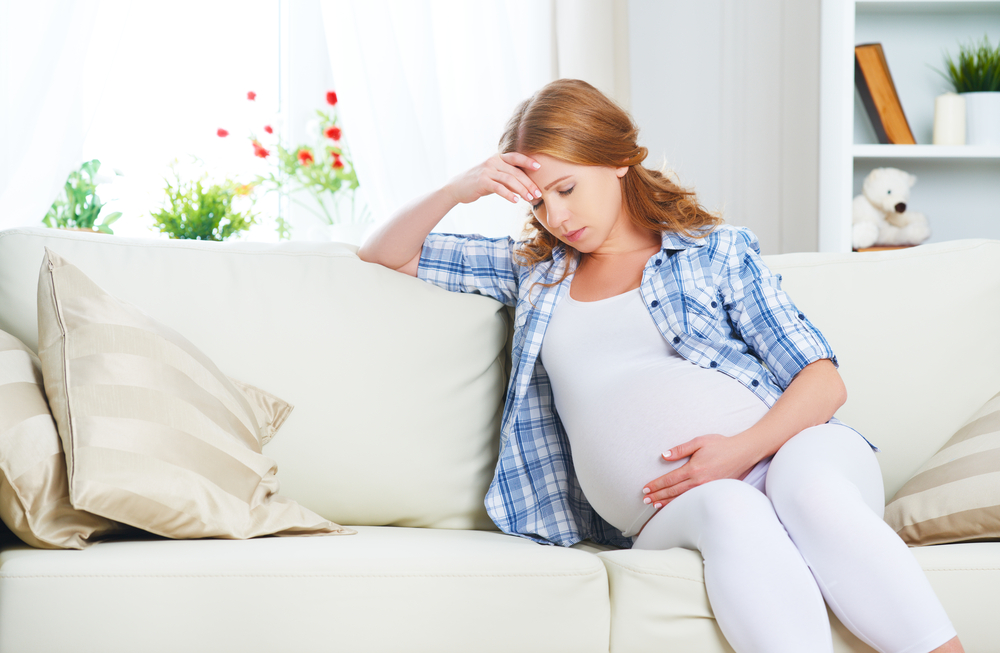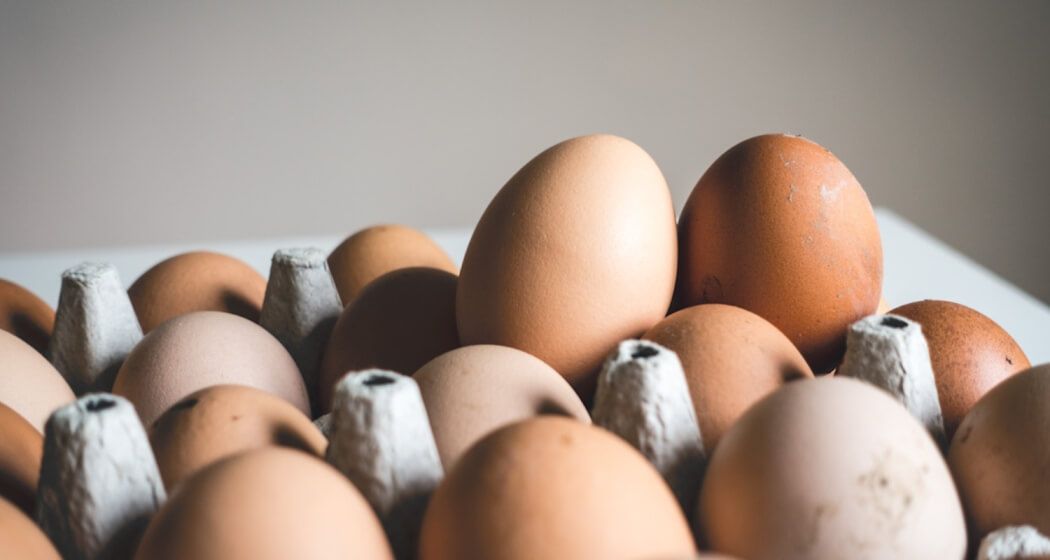Women giving birth in winter at lower risk of 'baby blues': study
Tue 24 Oct 2017, 12:34:21
Women who give birth to a baby during winter and spring are less likely to suffer from 'baby blues' or post-natal depression, a study has found.Researchers believe that friends and family are more likely to rally round and help as the weather turns colder and are on hand to offer greater psychological support.
In contrast social engagements often pick up in the summer months, leaving new mums feeling abandoned at home."We wanted to find out whether there are certain factors influencing the risk of developing postpartum depression that may be avoided to improve women's health both physically and mentally," said Jie Zhou, from Brigham and Women's Hospital in the US.
"We have a few theories. Delivery will typically confine mothers to indoor activities with the newborn babies. It is naturally occurring for postpartum women in winter. Holiday season in the winter is very enjoyable," Zhou said.
"Literature has linked
postpartum depression to Vitamin D. Its storage may deplete in a few months without proper supplement or sun exposure, which could be related," he said.
postpartum depression to Vitamin D. Its storage may deplete in a few months without proper supplement or sun exposure, which could be related," he said.
Researchers also found that other factors influencing post-natal depression were length of pregnancy, having an epidural and body mass index (BMI).
The team reviewed the medical records of 20,169 women who delivered babies between June 2015 and August 2017. Of the total, 817 (4.1 per cent) suffered from depressed mood, 'The Telegraph' reported.
"Why giving birth in winter or spring should have a positive effect is not known but could be linked to the "seasonal enjoyment of indoor activities mothers experience with newborns," researchers said.
"The influence of season on the incidence of post-natal depression may be due to better care and more psychological support from other people in harsh weather situations," they said.
No Comments For This Post, Be first to write a Comment.
Most viewed from Health
AIMIM News
Latest Urdu News
Most Viewed
May 26, 2020
Can Lionel Messi's visit boost Indian football?
Latest Videos View All
Like Us
Home
About Us
Advertise With Us
All Polls
Epaper Archives
Privacy Policy
Contact Us
Download Etemaad App
© 2025 Etemaad Daily News, All Rights Reserved.



























.jpg)
.jpg)
.jpg)


